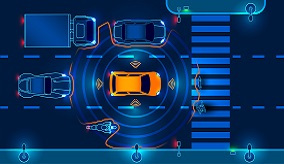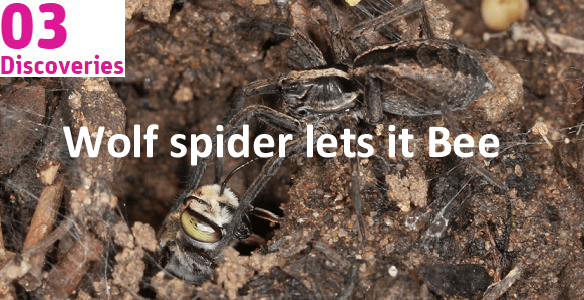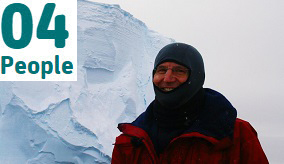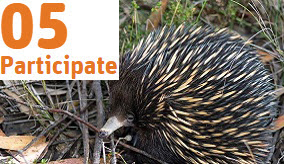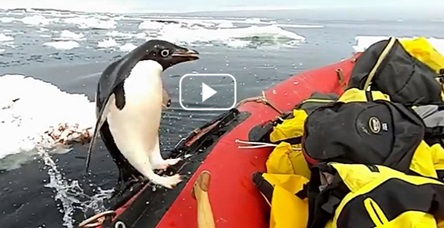02 Research
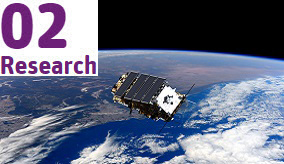
2018: AN AUSTRALIAN SPACE ODYSSEY
You might have heard that Australia will be establishing its own space agency. But what does that actually mean? When most people think of a space industry, they think about big projects like the International Space Station, the Voyager program, or the Mars rovers – but today organisations are launching their own satellites, and they are the size of a loaf of bread. So we’re asking ourselves, what’s next for this new frontier? Here are the top five trends we see for the space industry in 2018.


